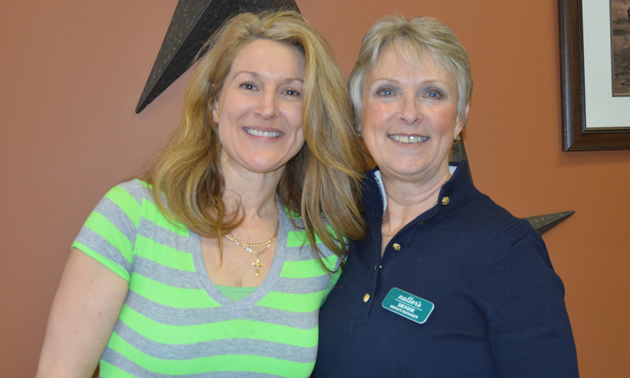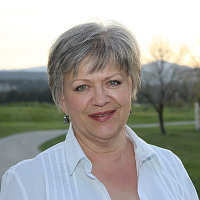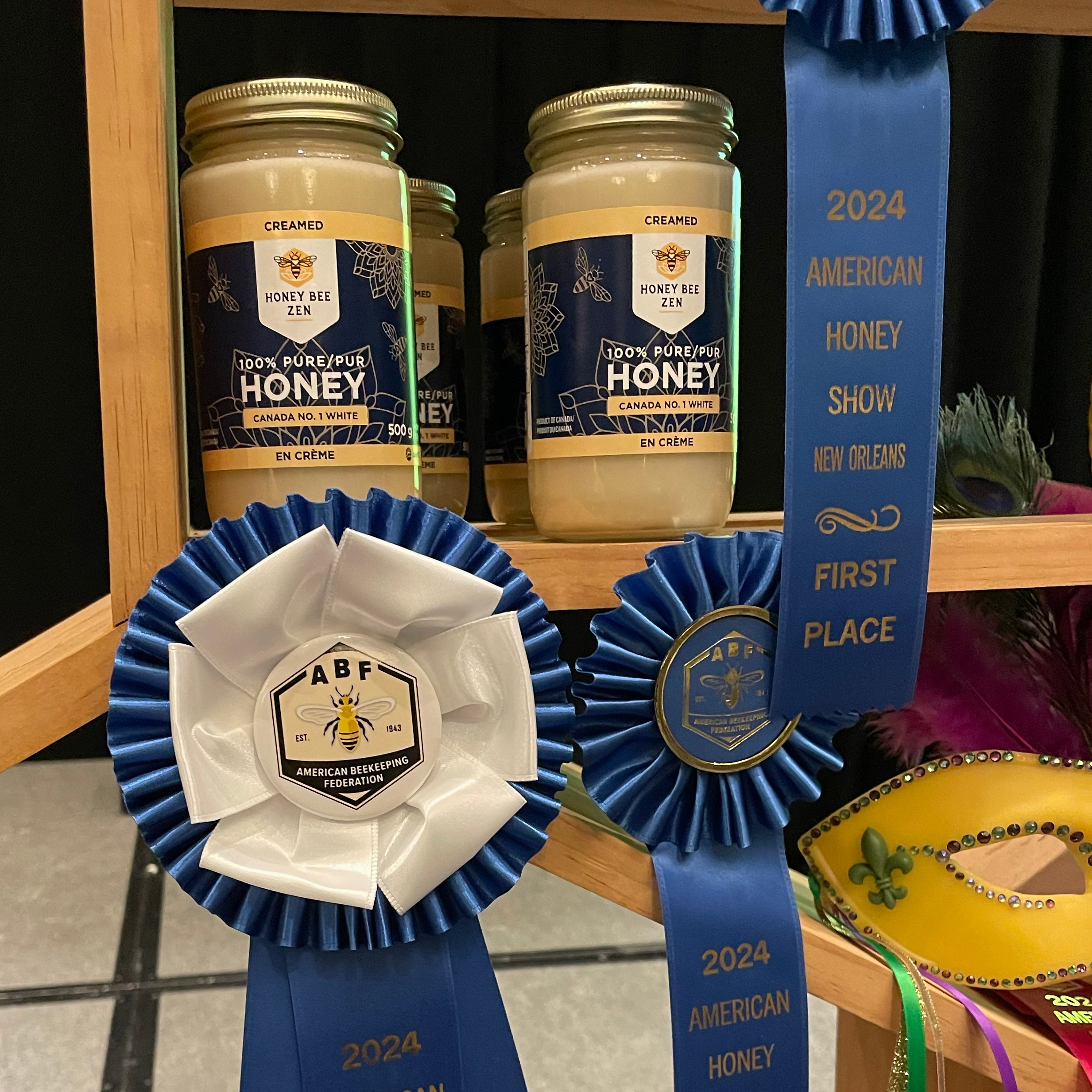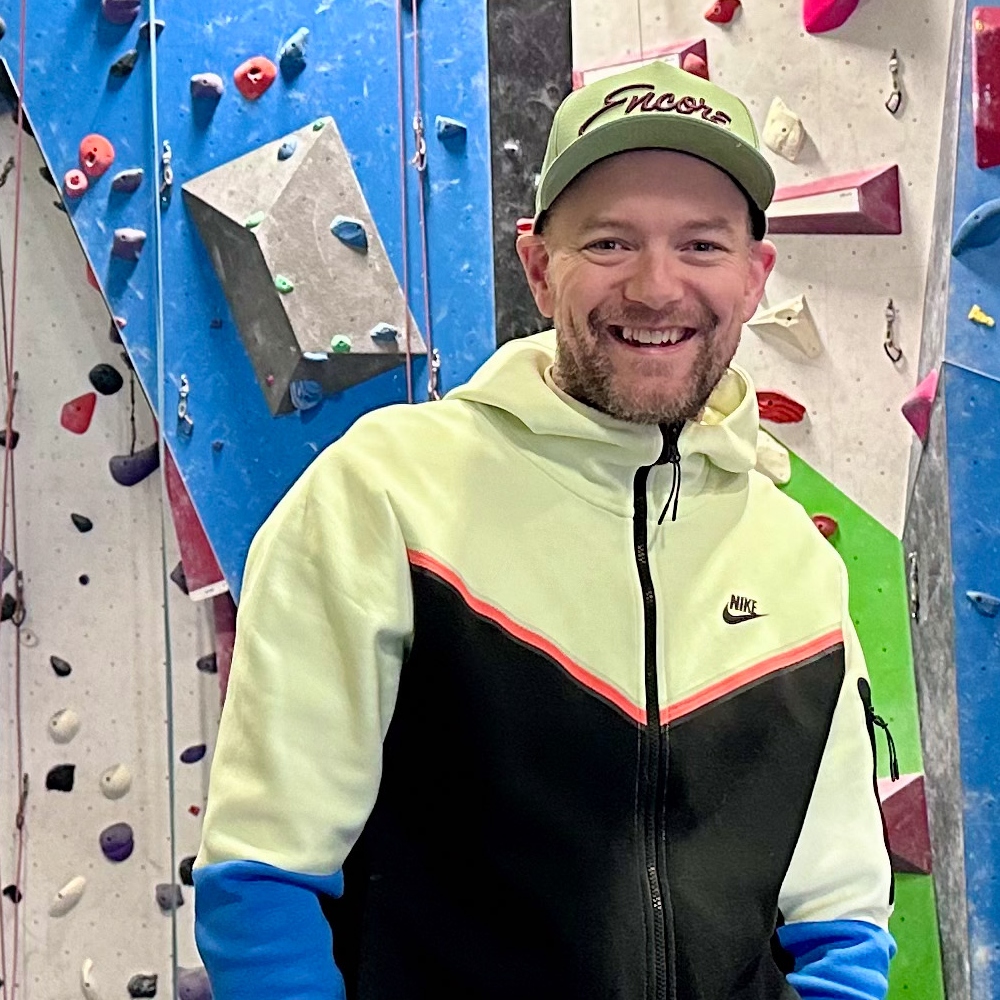Business women helping business women
The value of business mentorship is a two-way street, with rewards for the mentor as well as the mentee

Audra Wallace (L) of Rocky Mountain Redneck Cafe and Denise Pallesen of Nutter's Bulk & Natural Foods own and operate businesses in downtown Cranbrook, B.C. — Marie Milner photo
Business support and mentoring are available to women throughout British Columbia via the Women’s Enterprise Centre (WEC), an organization partly funded by Western Economic Diversification Canada and the B.C. Ministry of Jobs, Tourism and Skills Training. The WEC has offices in a number of communities in B.C. as well as an information-rich website. It offers loans, training, business advisory support and mentorship for business women at any stage in their business development, at low to no charge.
Three Cranbrook women have some mentorship involvement with the WEC. Janice Alpine of the Kootenay Aboriginal Business Development Agency (KABDA) and Patti Phillips, formerly of KABDA, are listed as mentors on the WEC website, and Denise Pallesen, owner of Cranbrook's Nutter’s Bulk & Natural Foods, is a past mentor and current vice-chair of the WEC.
Alpine was contacted in 2010 by WEC and received training to be a volunteer facilitator for a program called Taking the Stage, for women in leadership positions. After completing the training, Alpine presented six sessions of Taking the Stage throughout the Kootenay region. Alpine said she likes mentoring because it brings her into contact with motivated, innovative, forward-thinking people from many backgrounds.
We asked Pallesen some questions about the WEC and the value available there for both mentee and mentor.
When did you become involved with the WEC, and in what capacity?
I started with the WEC about 10 or 11 years ago, when they asked me to be a storyteller at a conference they hosted in Cranbrook. They had a few of us tell our stories to a group of local women who were interested in getting into business, and I eventually became a mentor for the WEC, working one-to-one with mentees and also facilitating peer-mentoring groups. I became a board member after that.
Did you, yourself, have a business mentor?
No, I never did, and in hindsight I really could have used one. It would have made the first two or three years of my business much easier and less costly.
Why would you recommend that a woman starting a business have a mentor?
Women have a different way of networking than men do, and they often don’t know where to go for help. They also have a tough time deciding to take time away from their responsibilities at home in order to start and grow a business. A lot of women start their own business rather than look for work in someone else’s business—in effect, buying themselves a job.
The WEC supports women who are starting, growing or purchasing a business, and it helps these women stay in business and succeed. WEC loan clients are more than 50 per cent more likely to remain in business after five years, compared to the provincial average.
For you, what are the rewards of being a mentor?
I’ve seen some gratifying and inspiring and humbling results from this approach. There has been a lot of wonderful progress and success out of this group. We connect with women from all kinds of backgrounds, with all kinds of stories and all kinds of dreams and motivations. We know we’re having a big impact on families and communities as well.
Can you pinpoint something significant you’ve learned from your mentoring experience?
Mentoring has made me realize that I’m way stronger than I thought I was, and that my experience and knowledge have value to other women.
Can you describe the culture of the WEC?
The WEC culture is all about empowering women to achieve their business success. The board follows the Carver model of policy governance. We don’t demand “we want you to do this or that"; the board members define the change that the organization wants to make in the world, then we empower the staff to carry out the vision.
What is your advice to a person who wants to grow their business?
My advice is (to) step out of your comfort zone and become recognizable in the community. Become a chamber director. Become a member of council. Appreciate your strengths and talents. Recognize your abilities. Do a bit of self promotion.
If you’re interested in becoming a mentor or a mentee in the WEC mentoring program, there are four different ways you can get involved. See the mentoring page of the WEC website for more information.






Comments